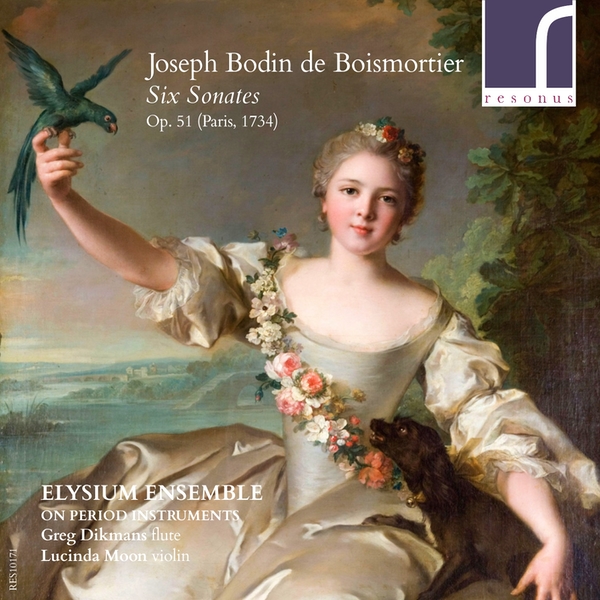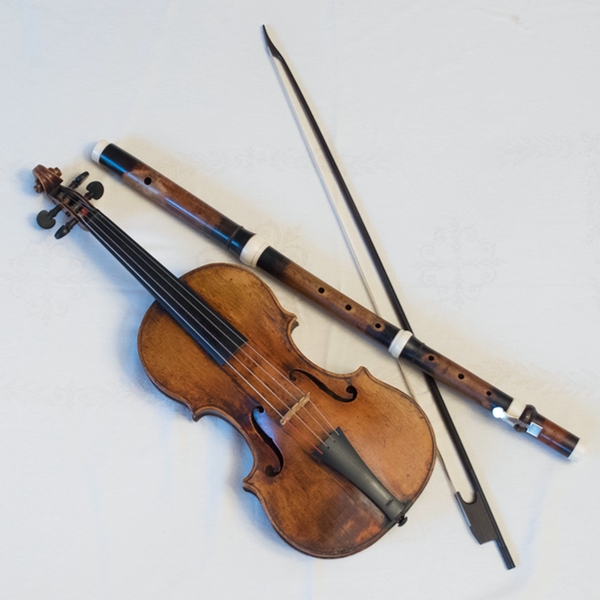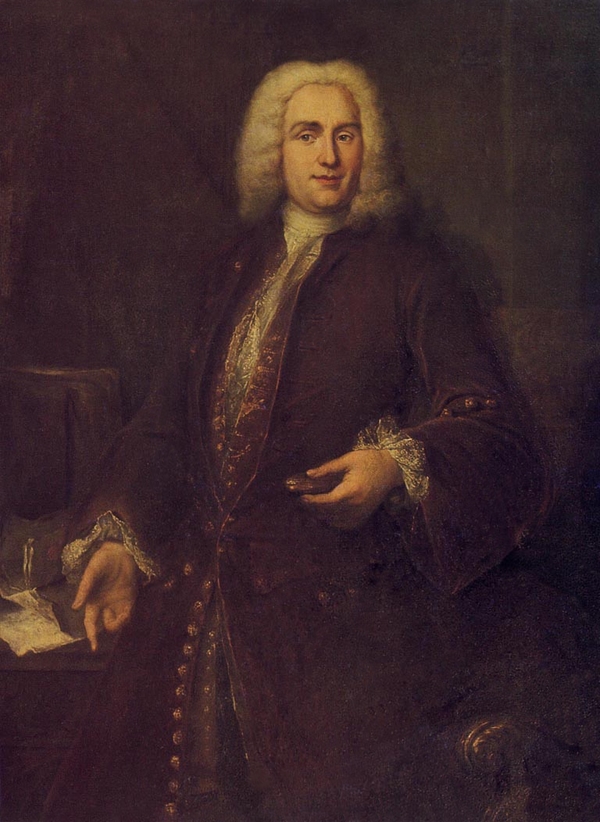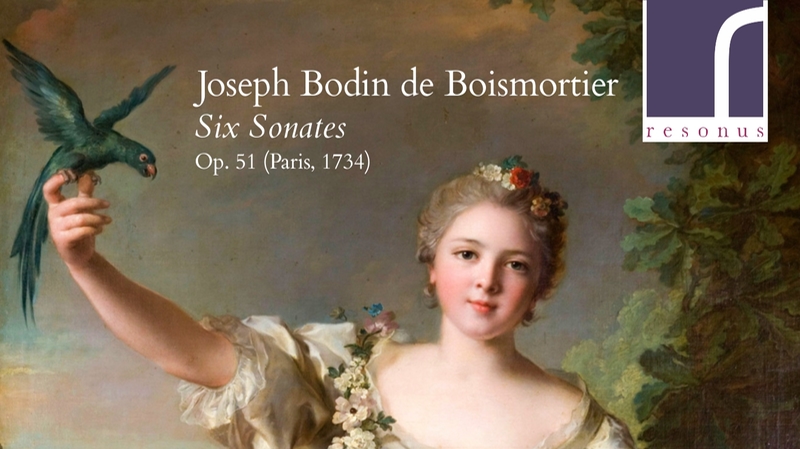Jospeh Bodin de Boismortier:
Six Sonates (1734)
Greg Dikmans (transverse flute) and Lucinda Moon (violin) are leading lights of Australia’s period instrument movement.
Their easy rapport guarantees 70 minutes of delight in the sequence of airs and dances.
The Sunday Times (London)
Following on from their critically acclaimed Resonus debut of duets by Johann Joachim Quantz, the Elysium Ensemble records an album of the Six Sonates, Op. 51, by Joseph Bodin de Boismortier (1689-1755).
This second in a series of releases based on research into historical performance practice sees Elysium principles Greg Dikmans (flute) and Lucinda Moon (violin) continue their exploration of neglected and lesser-known works with the theme of The Art of Elegant Conversation.

Resonus Classics (2016)
Six Sonates pour une flûte traversiere et un violon par accords, sans basse (Paris, 1734)
The sonatas in this collection are among Boismortier’s finest chamber music and are unlike those found in any other collection of duets. First, they are written specifically for the flute and violin and, second, the violin part employs many chords, hence the violon par accords (violin with chords) in the title.
The violin plays a dual role: joining in a dialogue with the flute while also providing an harmonic accompaniment. This last characteristic, which could be seen as a design constraint because of the limitation of which chords the violin can or cannot play, means the music evolves in new and interesting ways.
These sonatas demonstrate Boismortier’s harmonic inventiveness and skill at writing agreeable, charming melodies. The close voicing of the chords created by the interplay of flute and violin creates a rich palette of sonorities and textures.

The violin and flute used in the recording
Joseph Bodin de Boismortier (1689–1755)

Joseph Bodin de Boismortier
by Jean Ranc (1674–1735)
Joseph Bodin de Boismortier did not come from a celebrated family of musicians, as did such notable contemporaries as Jacques Hotteterre (1674–1763) and François Couperin (1668–1733).
The son of a merchant confectioner, he held no long-term official post at the French court or other noble or ecclesiastical musical establishment. Acknowledged as being pleasant and good company, clever, original and inventive, he was simply a talented and prolific composer of profitable and popular works that enabled him to live a life of fame and luxury.
Boismortier did not feel the need for what in French is known as succès d’estime, praise from the critics (but with poor sales). Rather, he had real popularity, a popularity that should not prejudice us against the quality of his compositions or his skill as a composer. He was writing for a cultured, knowledgeable and sophisticated audience.
Read more about Boismortier’s life →
